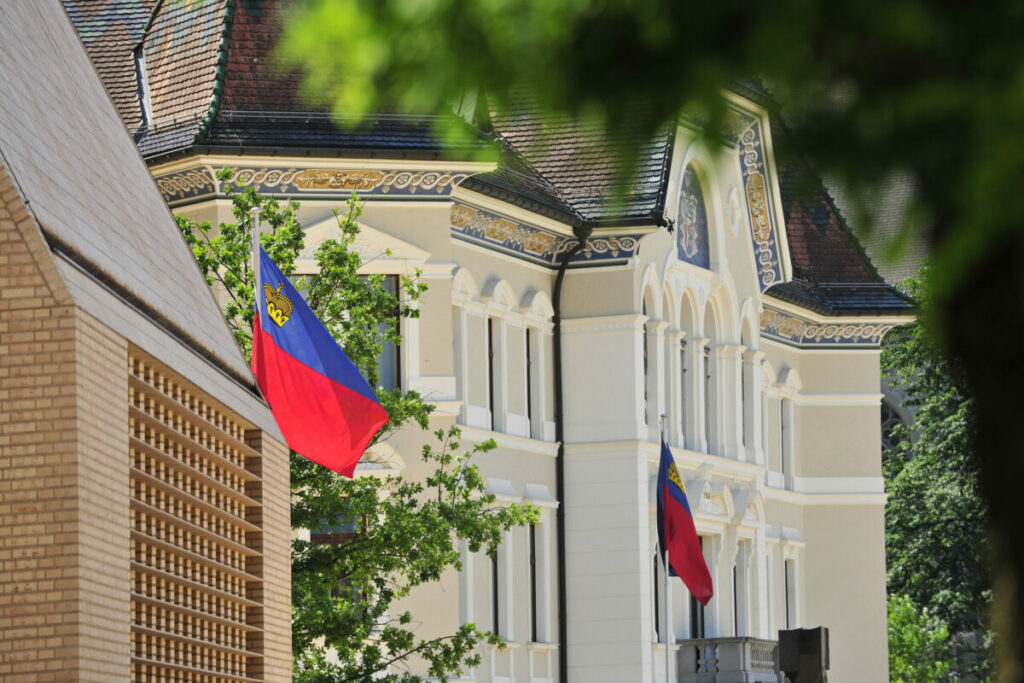Why Liechtenstein
Quality and innovation
Openness towards new technologies, attractive government framework conditions, short distances, and competent, efficient authorities ensure the competitiveness of the business location and financial centre. The high level of expertise and decades of experience of the financial market players as well as highly trained specialists guarantee quality of service.

Governmental innovation framework
The Liechtenstein innovation framework ensures the dynamic, continuous further development of location conditions and, at the same time, a high degree of legal security for private individuals and companies. It offers financial market participants competent points of contact, such as the Financial Market Innovation and Digitalisation Unit (SFID) or the FMA’s regulatory laboratory, as well as various legal forms (PCC, trust, LVC) and formats (innovation clubs), to successfully implement innovations in the financial centre.
Office for Digital Innovation (SDI)
The government’s competence centre is the central point of contact for companies from the financial market environment that want to find out about the government and regulatory framework conditions regarding innovation. The SDI maintains an innovation ecosystem and promotes exchange between market participants, authorities, and academia. It also monitors international developments in the area of financial centre innovation and participates in international committees.
Regulatory Laboratory of the Financial Market Authority (FMA)
The regulatory laboratory serves as a competence centre for financial service providers as well as start-ups with questions regarding FinTech and also as the responsible body for the registration of service providers in accordance with the Blockchain Act. The FMA pursues the approach of structuring regulation in accordance with European requirements in such a way that innovative business models can be realised and customer protection is guaranteed.
Innovations Club
The Innovations Club is a government innovation format for optimising the framework conditions for entrepreneurial activity. Companies can contribute ideas for improving laws, regulations, procedures, or official practises. The aim is a close exchange between the market and the authorities to create regulatory and legal framework conditions for innovative companies and, thus, for a sustainable location.
Company law
The business-friendly company law offers a wide range of possibilities: Foundations, protected cell companies, and trusts can also be established in Liechtenstein. To promote innovation, the Liechtenstein Venture Cooperative (LVC) was also created as a legal form that is particularly suitable for financial market innovations by bringing together ideas, work, and capital for innovations.
Token and TT Service Provider Act (TVTG)
On January 1, 2020, Liechtenstein became the first country in the world to introduce a law on tokens and TT service providers to protect users and ensure trust in digital legal transactions. TT service providers are required to register under the TVTG and are subject to supervision by the Financial Market Authority. The TVTG not only covers purely digital assets (such as Bitcoin) by law but also creates the legal basis for the tokenization of analog assets. Liechtenstein offers a unique framework for the implementation of digital financial services in Europe due to the combination of the TVTG and EU passporting for instruments regulated by financial market law.
University of Liechtenstein
The University of Liechtenstein offers research, education, and training, as well as knowledge and technology transfer for a sustainable and responsible future. It includes, for example, chairs for finance, company, foundation and trust law, banking and financial market law, tax law, and philanthropy, and promotes the exchange of research and practise. By training highly qualified specialists, the University of Liechtenstein strengthens Liechtenstein’s competitiveness as a country and financial centre.

